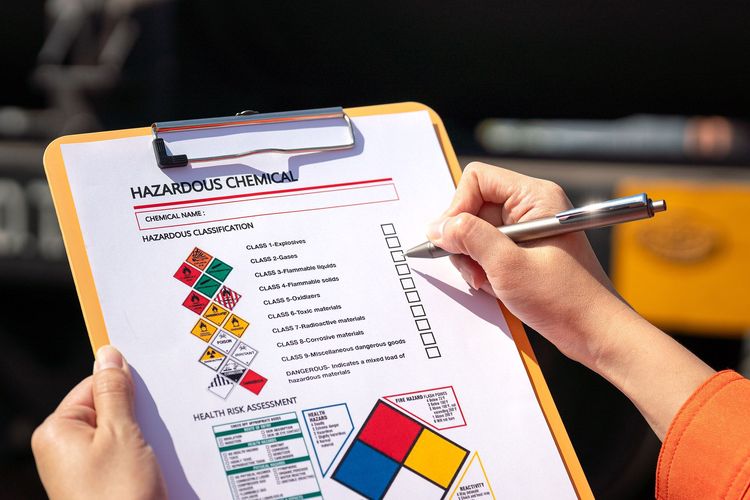Sendle has halted all parcel pick-ups. Find out more to consign directly with CouriersPlease, click here. For all service updates please visit our news page.
Dangerous Goods Courier - CouriersPlease
Dangerous Goods
What are Dangerous Goods?
CouriersPlease can transport some types of dangerous goods, in limited quantities, by road or rail, for pre-approved EDI customers only.
Dangerous Goods cannot be shipped internationally.
To assist you identify any risks associated with your domestic shipment, please read the following information about dangerous goods.
Dangerous goods are classified into nine hazard classes by the UN (United Nations) as noted in the table below and reflected in the IATA Dangerous Good Regulations.
Dangerous goods are substances or articles with hazardous properties which, if not handled correctly, may:
Explode
Asphyxiate
Burn
Poison
Corrode skin or metals
Pollute the environment
Become unstable with other products
Depending on its properties, each type of dangerous good is assigned a UN (United Nations) number and also a particular class number.
Contact us if you are unsure about the contents of your shipment or want to review customised distribution needs. The National Transport Commission's Dangerous Goods Code provides a detailed reference to Australia's transport code for dangerous goods.
Dangerous Goods Guidelines for pre-approved CouriersPlease customers
Full details on sending Dangerous Goods with CouriersPlease can be found in our easy-to-follow Dangerous Goods Guide for Customers.
CouriersPlease is unable to ship goods containing Lithium Batteries of any description via air anywhere within Australia or internationally. Such goods include, but are not limited to, laptops, mobile phones, power tools, toys, cameras and watches.
Please note that a Dangerous Goods Service is not available to Tasmania.
Required Packaging and Paperwork
All DGs shipped in Limited Quantities must show the Limited Quantity symbol on the freight, as shown below.
Do not use the coloured DG labels indicating DG Classes, otherwise your shipment may be delayed, and will require a DG Shipping Document.
At the point of pickup by Couriers Please the driver must be handed a manifest/bill of lading/packing slip indicating
“Dangerous Goods packaged as Limited Quantities”
No further paperwork is required.
Note that a $21 (+GST) surcharge per consignment is applicable for all consignments going to country regions within our service capability.
Lithium Batteries
Lithium Batteries can be shipped by road only within Australia. Labels attached to consignment should indicate either UN3480 (Battery Only), or UN3481 (Packed in or with equipment). As with Limited Quantities Dangerous Goods if sending to Country/Regional areas, a DG Shipping Document is required.

